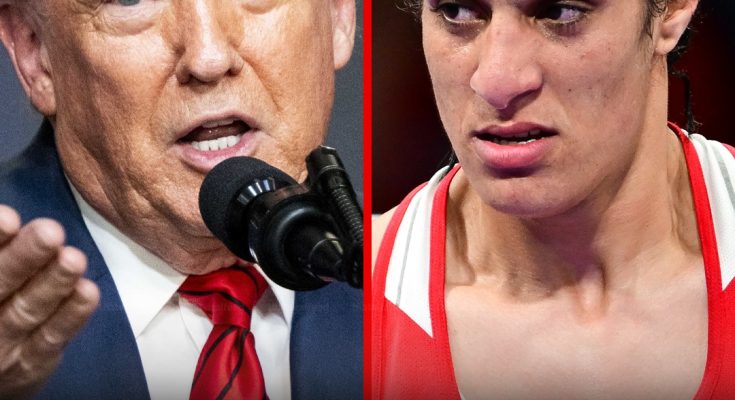Gender Testing at the 2028 Olympics: Controversy Brews Before the Games Begin
What began as a contentious moment in Paris may be poised to ignite one of the most politically charged debates in Olympic history.
Former President Donald Trump has hinted that all female athletes competing at the 2028 Los Angeles Olympics could face mandatory gender verification — a move that critics warn could lead to invasive testing, discrimination, and international backlash.
The shadow of past disputes, like the cases of Algerian boxer Imane Khelif and Taiwanese fighter Lin Yu-ting, looms large, raising the question: is this about fairness in women’s sports, or is a broader political agenda at play?
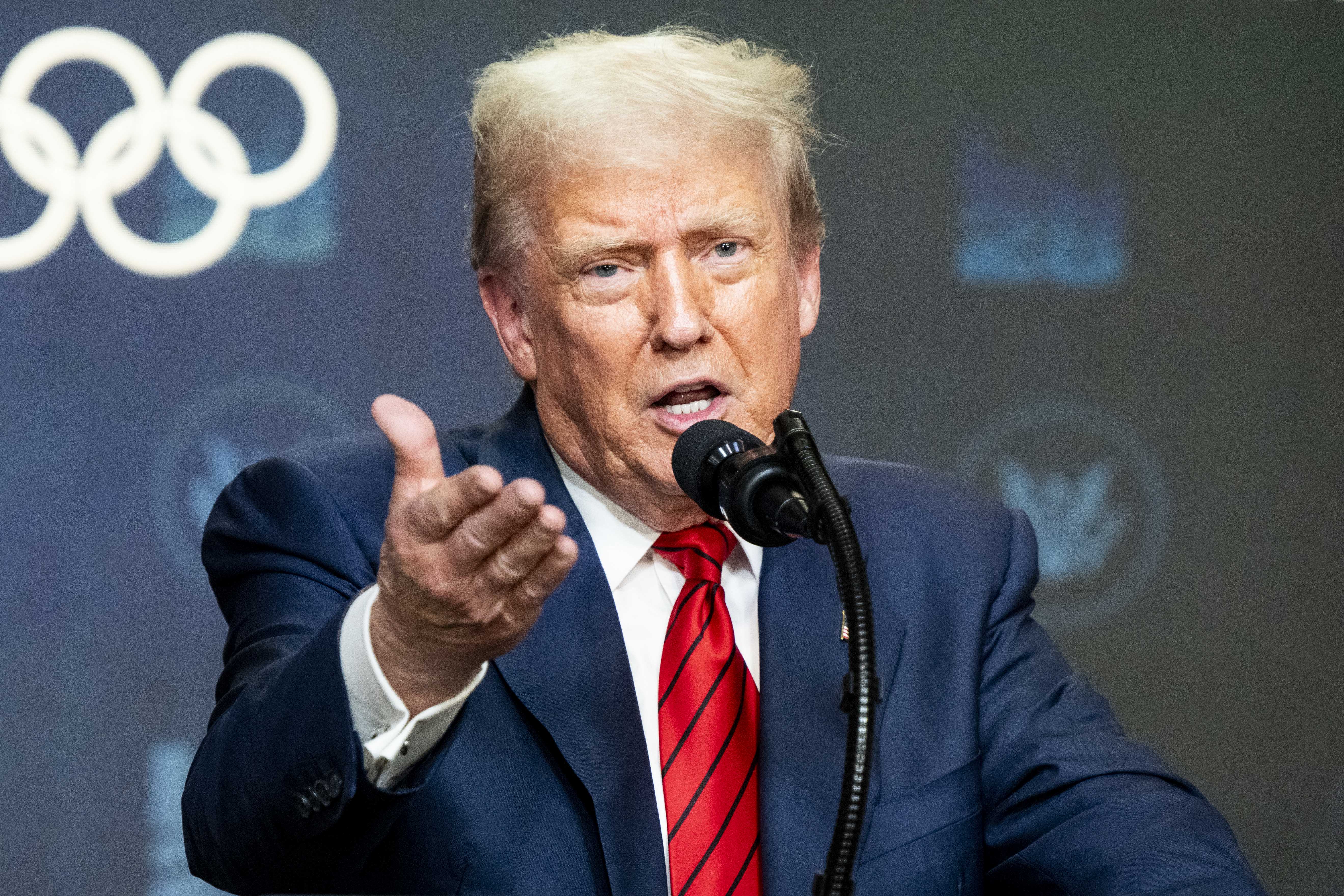
The spark for the debate traces back to the 2023 Women’s World Championships in New Delhi, where Khelif and Lin were disqualified on gender eligibility grounds. While the International Boxing Association (IBA) cited confidential test results suggesting “competitive advantages,” no testosterone testing was conducted.
Both athletes were later reinstated by the International Olympic Committee (IOC), which stressed that eligibility should be determined by passport documentation — a decision reflecting ongoing tensions between sports governance and athlete rights.
In a recent press conference promoting the upcoming Olympics, Trump, now 79, signaled a hands-on approach to the Games. He pledged the implementation of a “very strong form of testing” for female competitors, though specifics remain unclear.
When asked whether genetic testing or even legal measures might be used, he emphasized, “If the test doesn’t come out appropriately, they won’t be in the Olympics.” Additionally, Trump announced plans to form a White House task force, personally overseeing preparations for the 2028 Games — the third time Los Angeles will host the Summer Olympics, following 1932 and 1984.
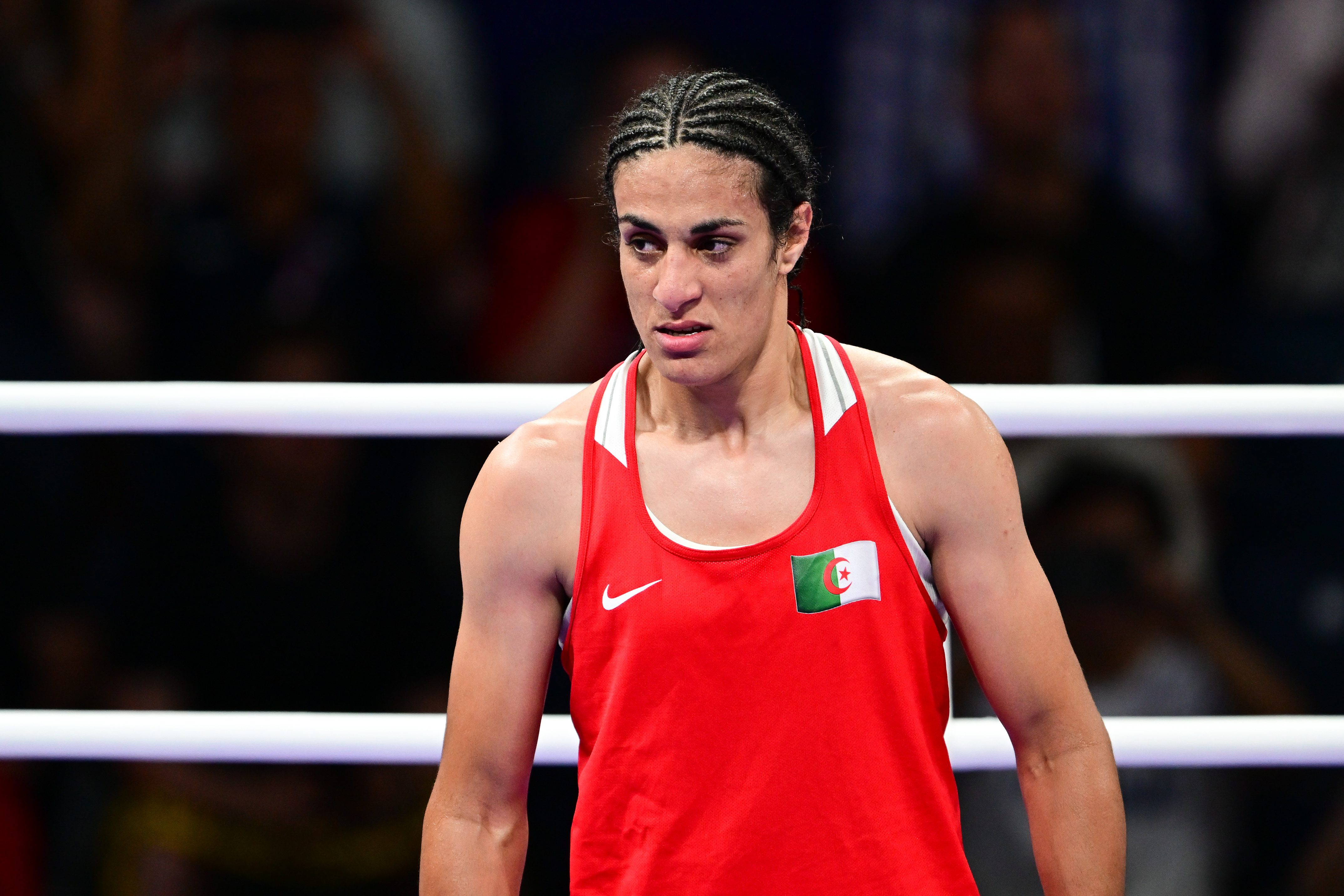
The debate is already unfolding elsewhere. World Athletics has mandated that all female competitors at the upcoming World Championships in Tokyo undergo a one-time genetic screening for the SRY gene, a recognized marker of biological s*x.
The policy, effective September 1, affects athletes including British stars Keely Hodgkinson and Georgia Hunter Bell. Supporters argue such measures ensure a level playing field and protect women’s categories, while critics warn of privacy violations, stigma, and the potential targeting of athletes with natural biological differences.
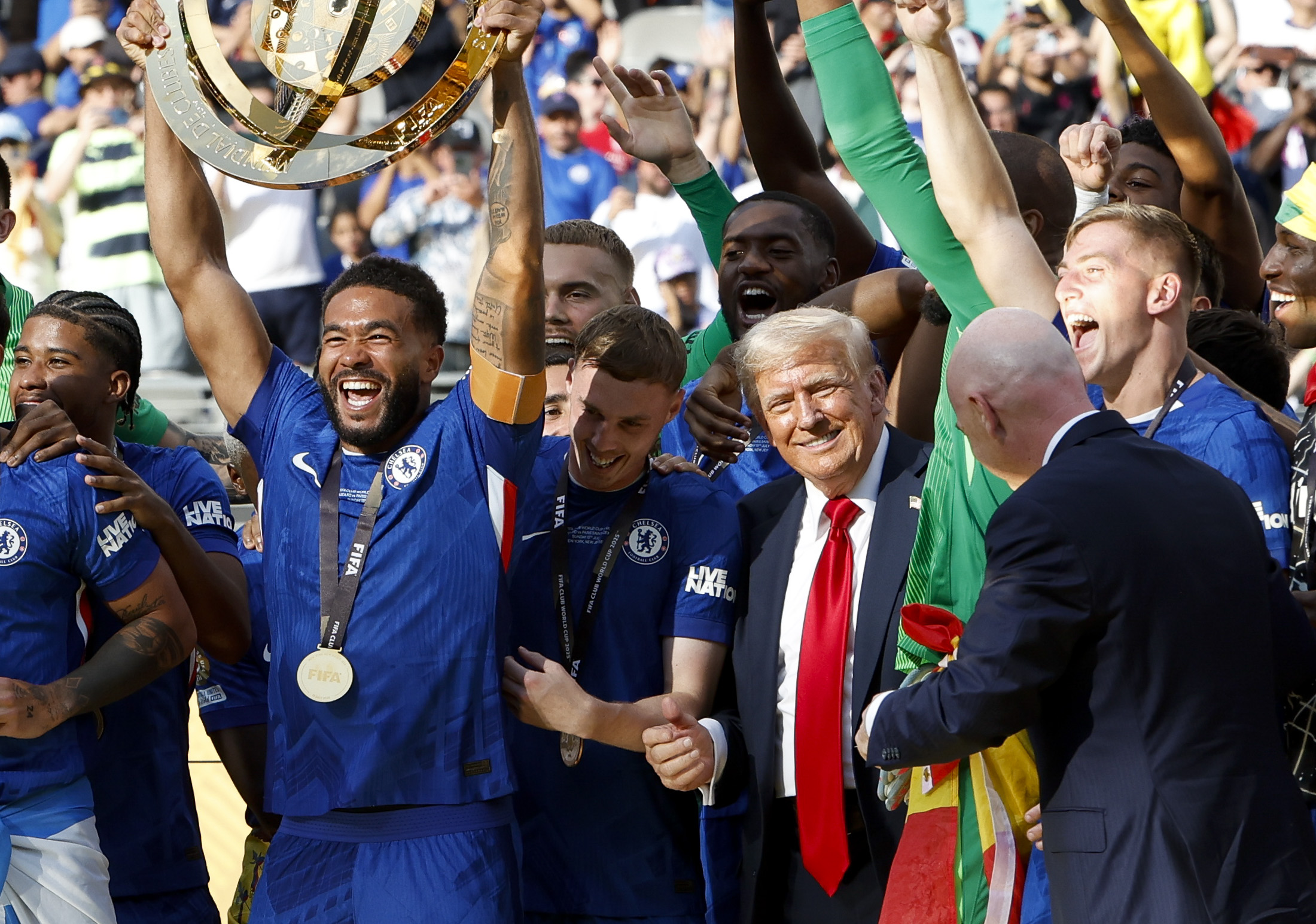
Conclusion
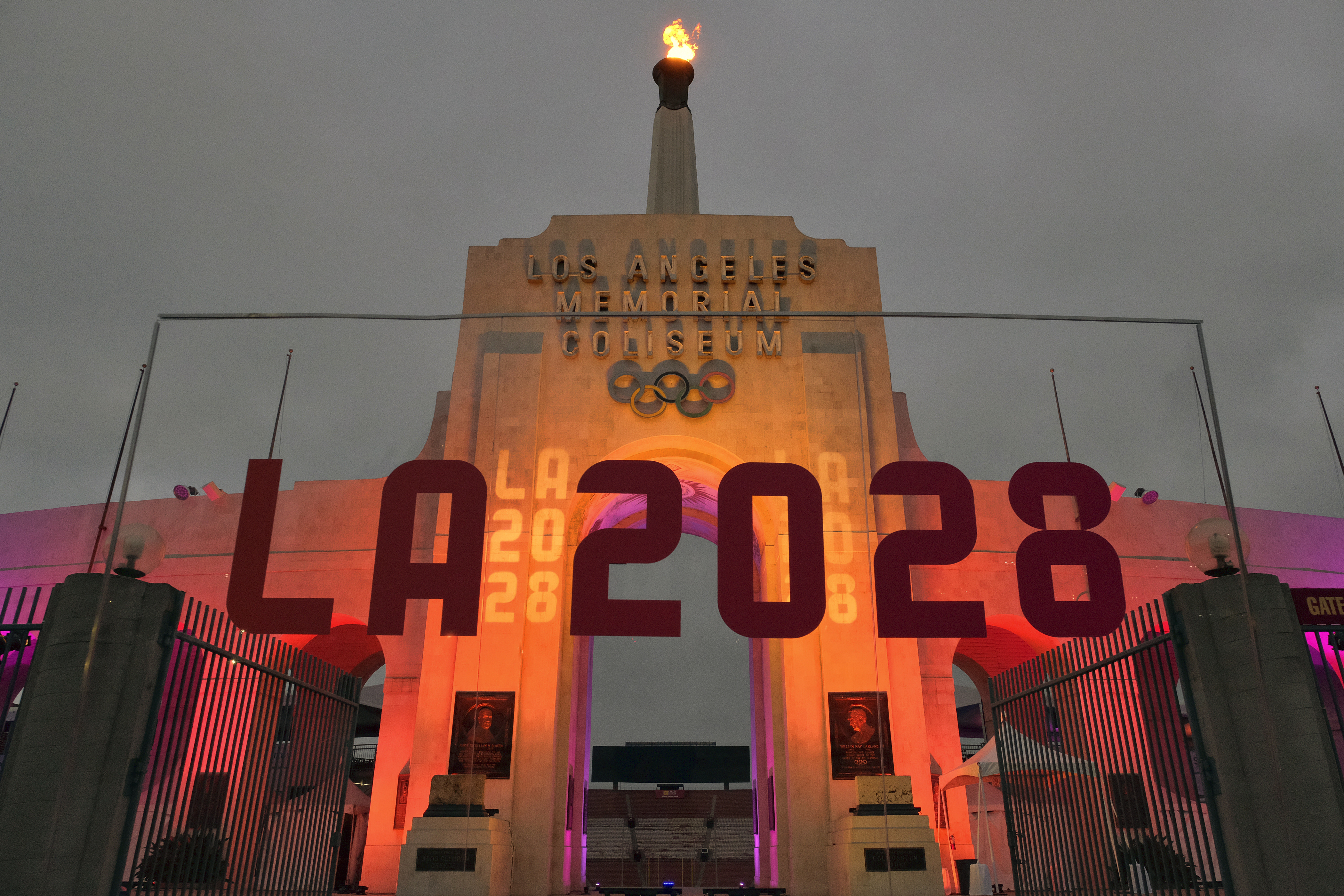
Trump’s proposal has thrust the question of gender and fairness in sport onto the global stage. With World Athletics introducing mandatory genetic testing and the IOC under scrutiny for past decisions, the 2028 Olympics are shaping up to be more than a sporting spectacle — they may become a defining moment in how gender policies are crafted, enforced, and contested in international competition. How these rules are applied — and by whom — could leave a lasting impact on the future of athletic inclusion and fairness worldwide.
